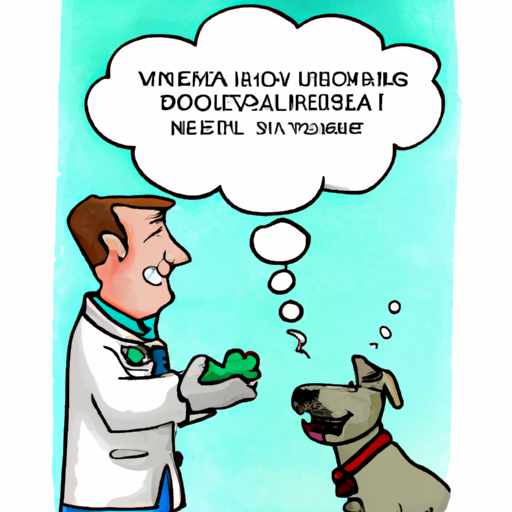Healthy breathing is essential for your furry friend’s overall wellbeing. There are several steps you can take to ensure your dog can breathe easily and comfortably. Here’s a guide that provides you with effective strategies.
1. Regular Vet Check-ups
Regular vet visits are crucial in maintaining your dog’s respiratory health. A vet can detect early signs of respiratory issues that might be invisible to the untrained eye.
- Annual Examinations: An annual health exam is a must to keep track of your dog’s overall health. This includes a thorough check-up of your dog’s breathing.
- Vaccinations: Vaccinations protect your dog from many respiratory diseases. Ensure your dog’s vaccinations are up-to-date.
2. Maintain a Healthy Weight
Obesity can lead to numerous health problems in dogs, including difficulty breathing. Keep your dog at a healthy weight to prevent respiratory issues.
- Balanced Diet: Provide a balanced diet, rich in protein, fiber, and healthy fats.
- Regular Exercise: Regular physical activity can help maintain your dog’s healthy weight.
3. Keep the Air Clean
The quality of air your dog breathes can significantly affect their respiratory health.
- Avoid Smoking: Second-hand smoke can be harmful to your dog’s lungs.
- Air Purifiers: Consider using air purifiers to keep the air clean and free from allergens.
4. Practice Good Dental Hygiene
Poor oral health can lead to respiratory issues in dogs. Maintain your dog’s dental hygiene to prevent this.
- Regular Brushing: Brush your dog’s teeth regularly using a dog-friendly toothpaste.
- Dental Treats: Dental treats can help control plaque and freshen your dog’s breath.
5. Keep Stress Levels Low
High-stress levels can lead to rapid breathing in dogs. Try to keep your dog’s environment calm and stress-free.
- Routine: Dogs thrive on routine. Maintain a regular schedule of feeding, playtime, and rest.
- Comfortable Space: Ensure your dog has a comfortable, quiet space where they can retreat and relax.
FAQs
Q1: How often should I take my dog to the vet?
A: At least once a year for an annual health exam. If your dog is older or has health issues, more frequent visits may be necessary.
Q2: How can I tell if my dog is overweight?
A: Your vet can provide the most accurate assessment. At home, you should be able to feel your dog’s ribs without pressing too hard.
Q3: What kind of exercise is best for my dog?
A: It depends on your dog’s breed, age, and health. Walking, running, and playing fetch are good options for most dogs.
Q4: How often should I brush my dog’s teeth?
A: Ideally, daily. But if that’s not possible, aim for at least three times a week.
Q5: How can I tell if my dog is stressed?
A: Look for signs like excessive barking, chewing, pacing, and changes in eating or sleeping habits.



